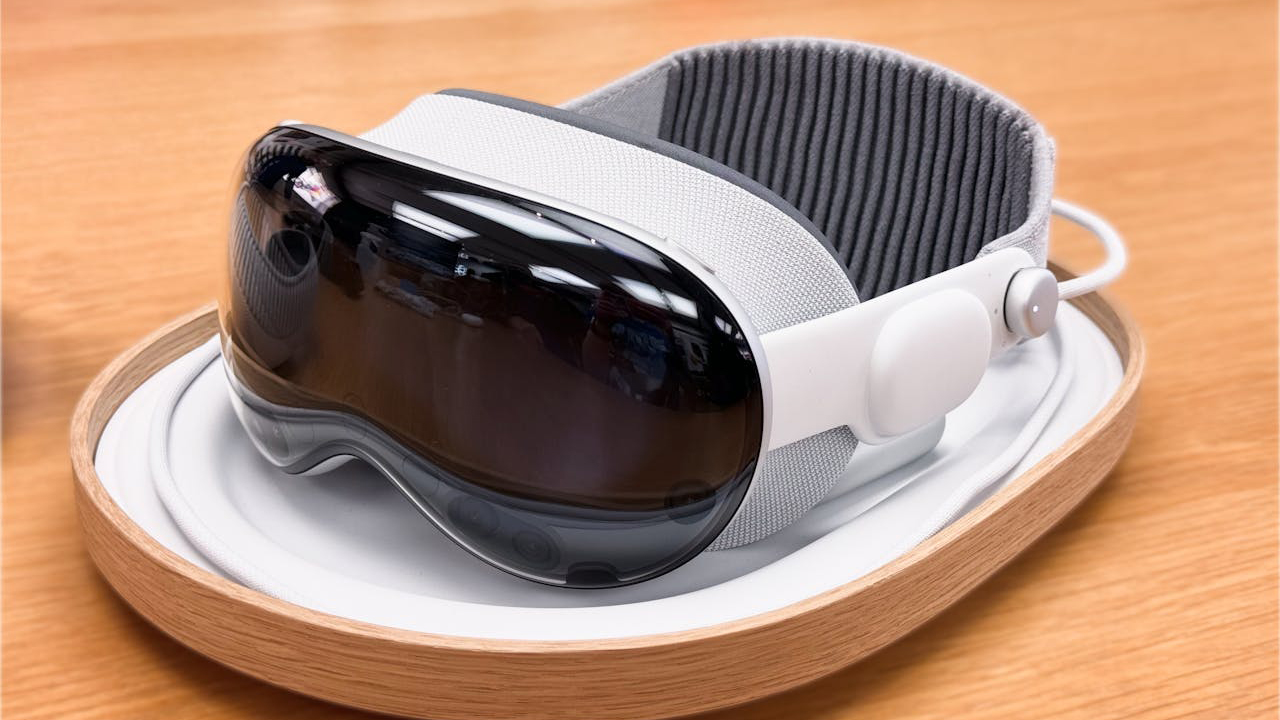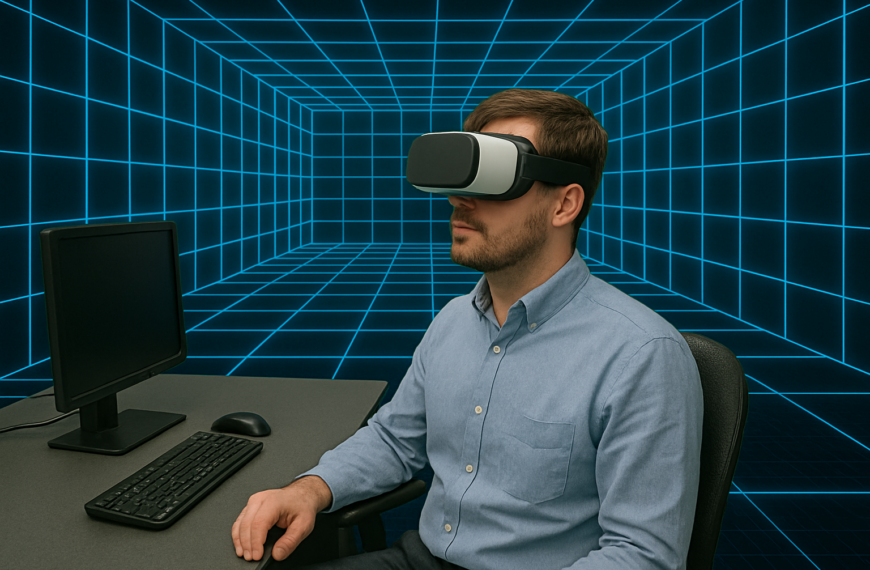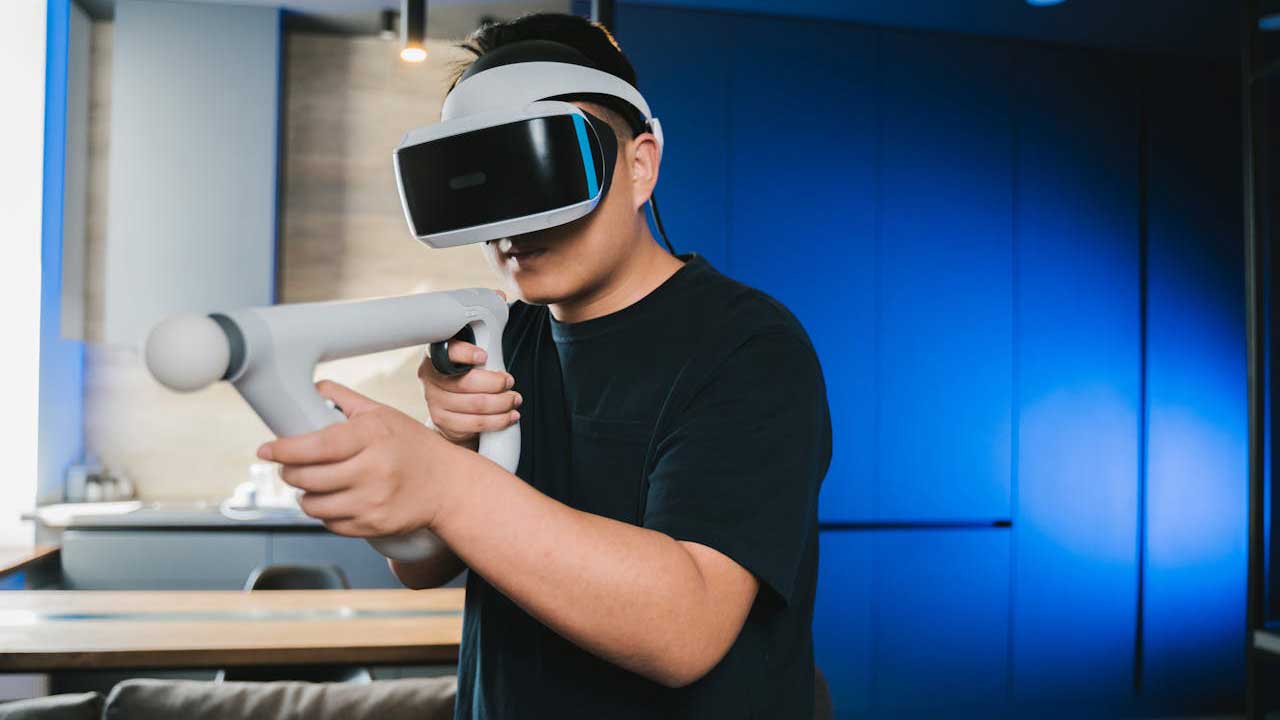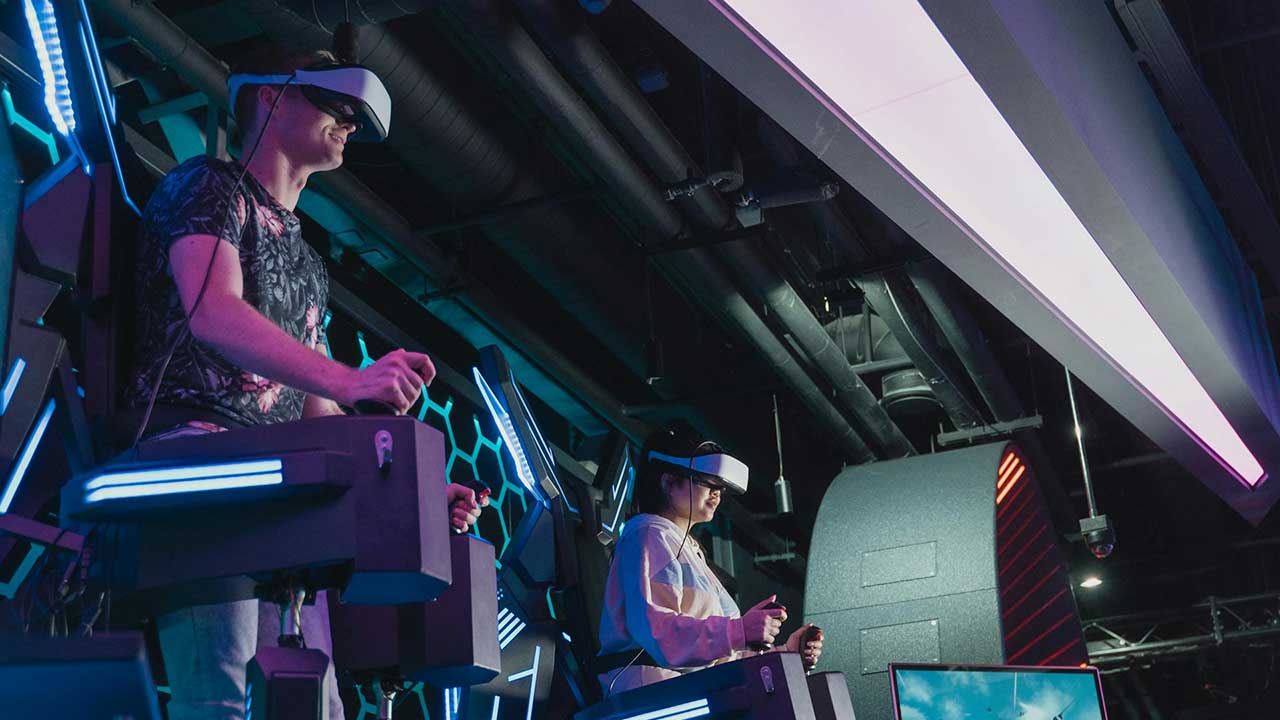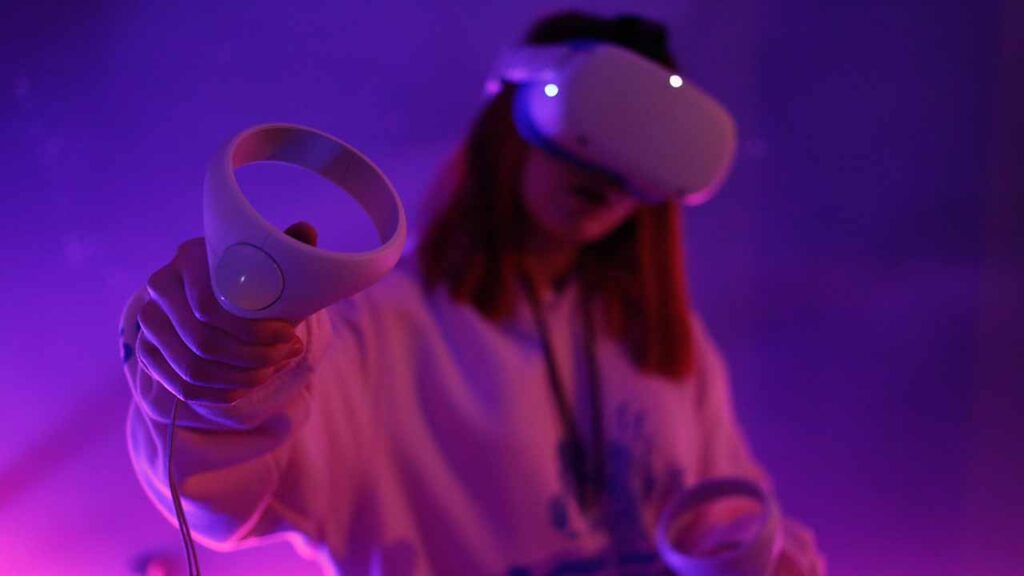
Image Credit: Adrià García Sarceda/Unsplash
For years, Meta has been betting big on augmented reality—spending billions and pouring talent into building something that could eventually replace the smartphone. Until now, it felt more like a gamble than a sure thing. But with the reveal of its new AR glasses, Meta may have finally hit the turning point. This isn’t just another tech release—it’s starting to feel like the moment everything shifts. Just like Apple did with the iPhone, Meta is changing the rules.
Orion Glasses: A Glimpse into the Future
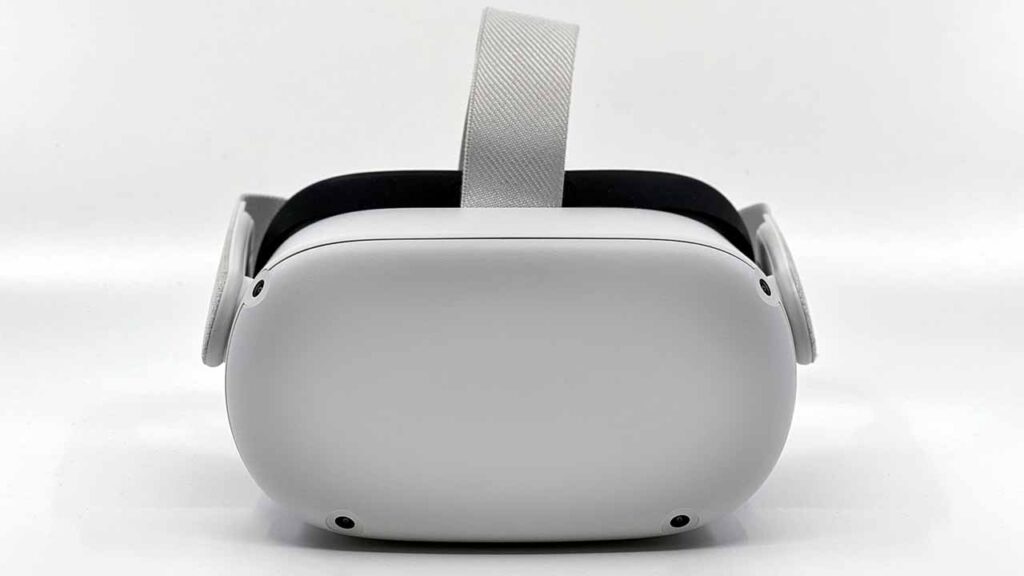
Image Credit: Mediamodifier/Unsplash
Meta’s unveiling of the Orion AR glasses marks a significant step toward the future of wearable technology. These glasses project holographic images directly into the user’s field of vision, offering a seamless blend of the digital and physical worlds. Controlled through eye movements and a neural interface on the wrist, Orion represents a decade of research and development aimed at redefining how we interact with technology.
The Orion glasses are not just a prototype; they signify Meta’s commitment to leading the next wave of computing. By integrating advanced features like hand tracking and voice commands, Meta is positioning itself at the forefront of the AR revolution, aiming to make these glasses as indispensable as smartphones are today. (Source: Irish Examiner)
A Decade of Investment Paying Off

Image Credit: Bram Van Oost/Unsplash
Meta’s journey toward this “iPhone moment” has been fueled by substantial investments in AR and VR technologies. The company has poured resources into developing hardware and software that can deliver immersive experiences, with the Orion glasses being a prime example of this commitment.
This long-term investment strategy is beginning to bear fruit, as Meta’s advancements in AR technology are setting new industry standards. The company’s focus on creating a comprehensive ecosystem for AR experiences indicates a strategic move to dominate this emerging market. (Source: Tech Xplore)
Building an Ecosystem Beyond Hardware
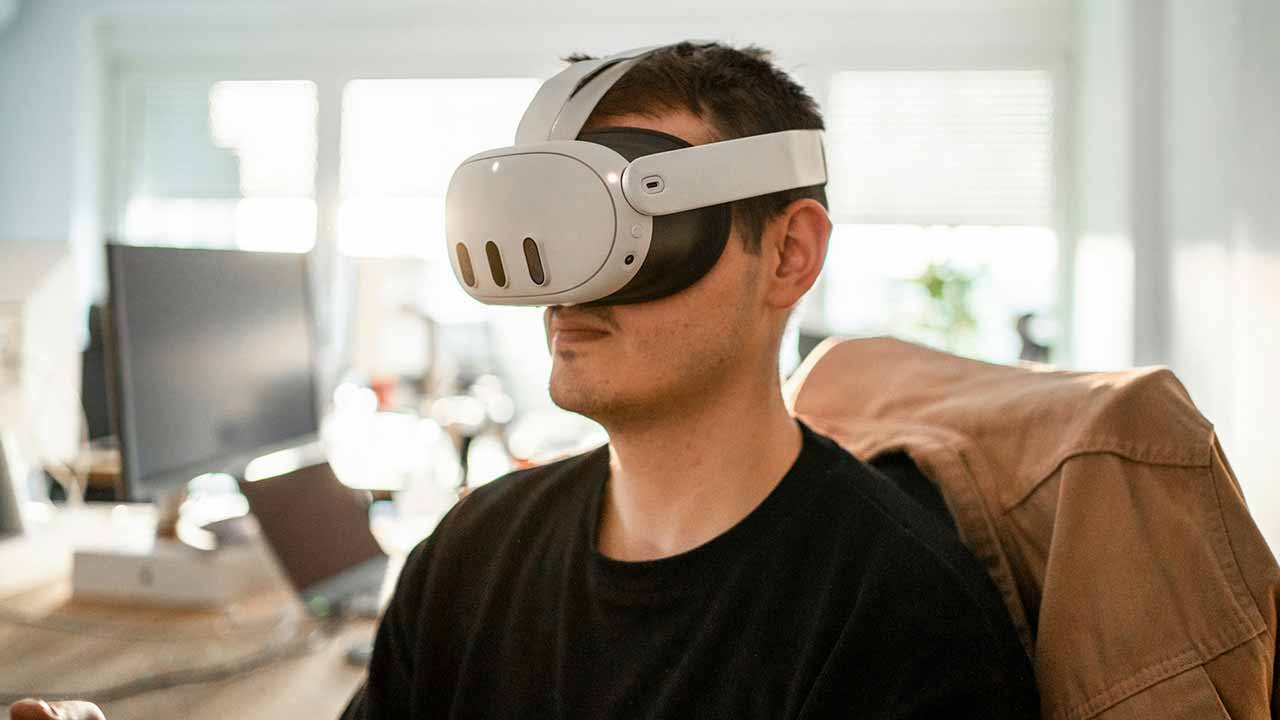
Image Credit: Azwedo L.LC/Unsplash
Recognizing that hardware alone doesn’t guarantee success, Meta is actively developing an ecosystem to support its AR ambitions. This includes integrating AI capabilities, such as Meta AI, into its devices to enhance user interaction and provide personalized experiences.
By fostering a robust ecosystem, Meta aims to create a seamless user experience that encourages adoption and loyalty. This approach mirrors strategies employed by other tech giants, emphasizing the importance of software and services in complementing innovative hardware. (Source: The Intelligent Worker)
Strategic Positioning Against Competitors

Image Credit: Bram Van Oost/Unsplash
Meta’s advancements in AR technology also serve as a strategic move to position itself against competitors like Apple. By developing its own hardware and software ecosystem, Meta seeks to reduce reliance on other platforms and establish itself as a leader in the next generation of computing.
This proactive approach allows Meta to set its own standards and innovate without constraints imposed by external platforms. It’s a calculated effort to gain a competitive edge in a rapidly evolving tech landscape. (Source: Medium)
Consumer Adoption and Market Potential

Image Credit: Bram Van Oost/Unsplash
The success of Meta’s AR initiatives ultimately hinges on consumer adoption. The company is focusing on creating user-friendly and stylish devices that appeal to a broad audience, aiming to make AR technology a part of everyday life.
By addressing both the technological and aesthetic aspects of its products, Meta is working to overcome barriers to adoption and tap into a market with significant growth potential. The company’s efforts suggest a promising future for AR technology becoming mainstream. (Source: Vogue Business)
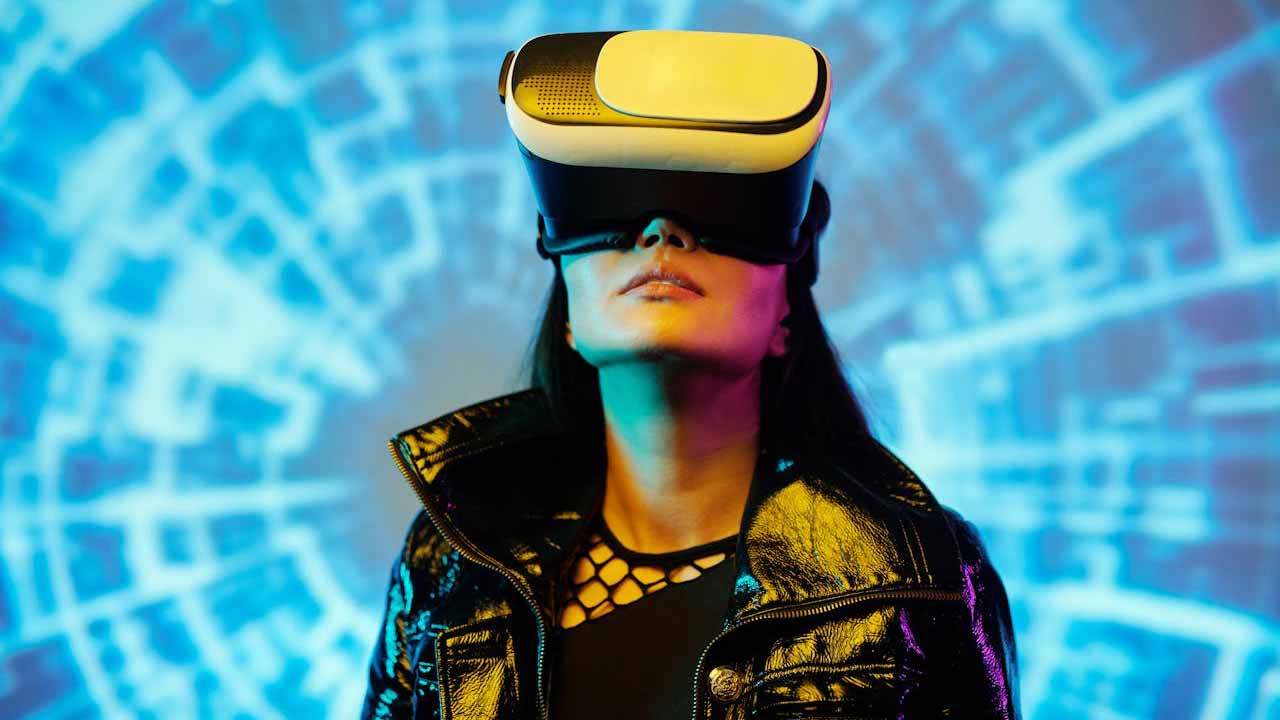

 By
By